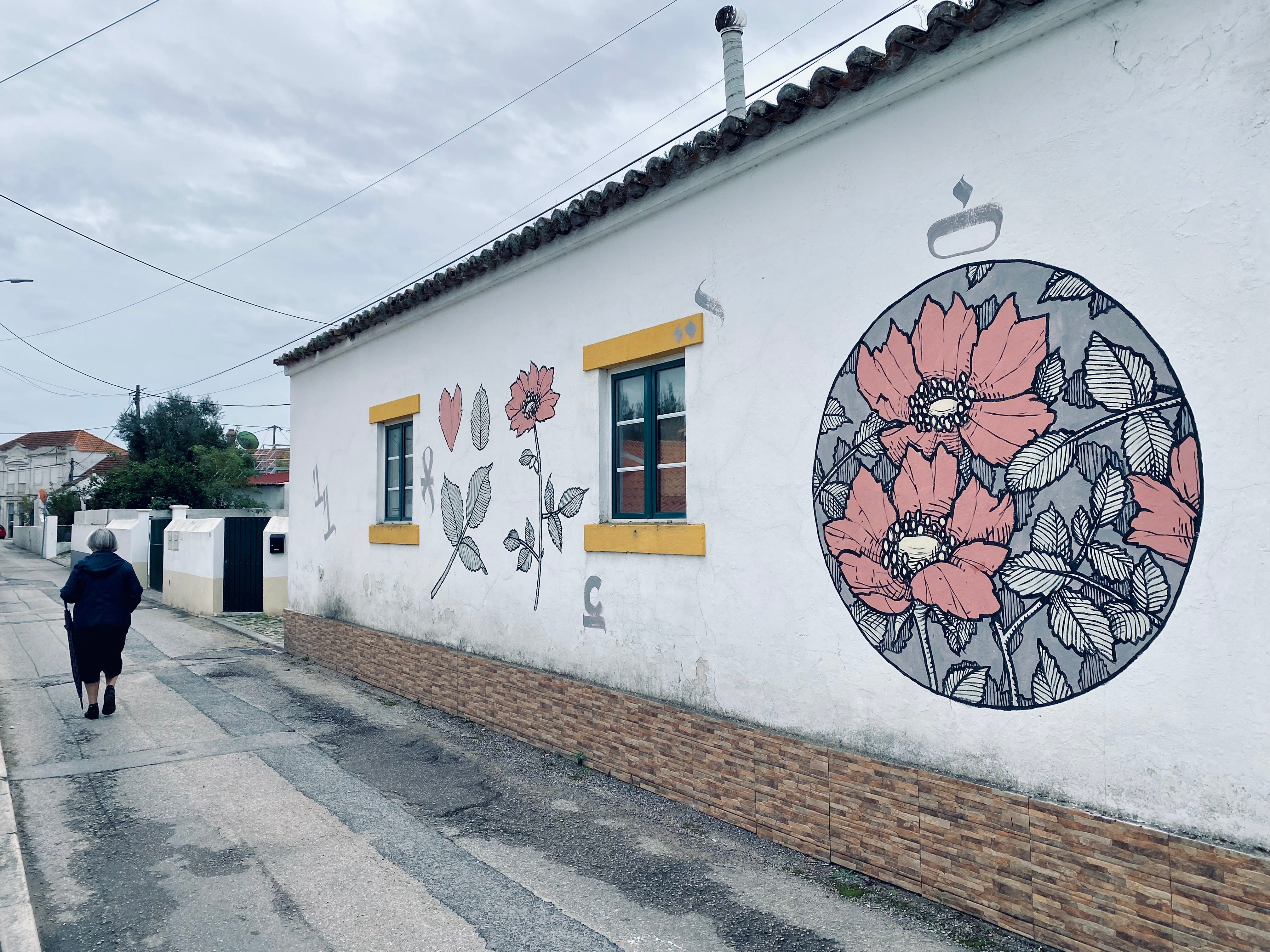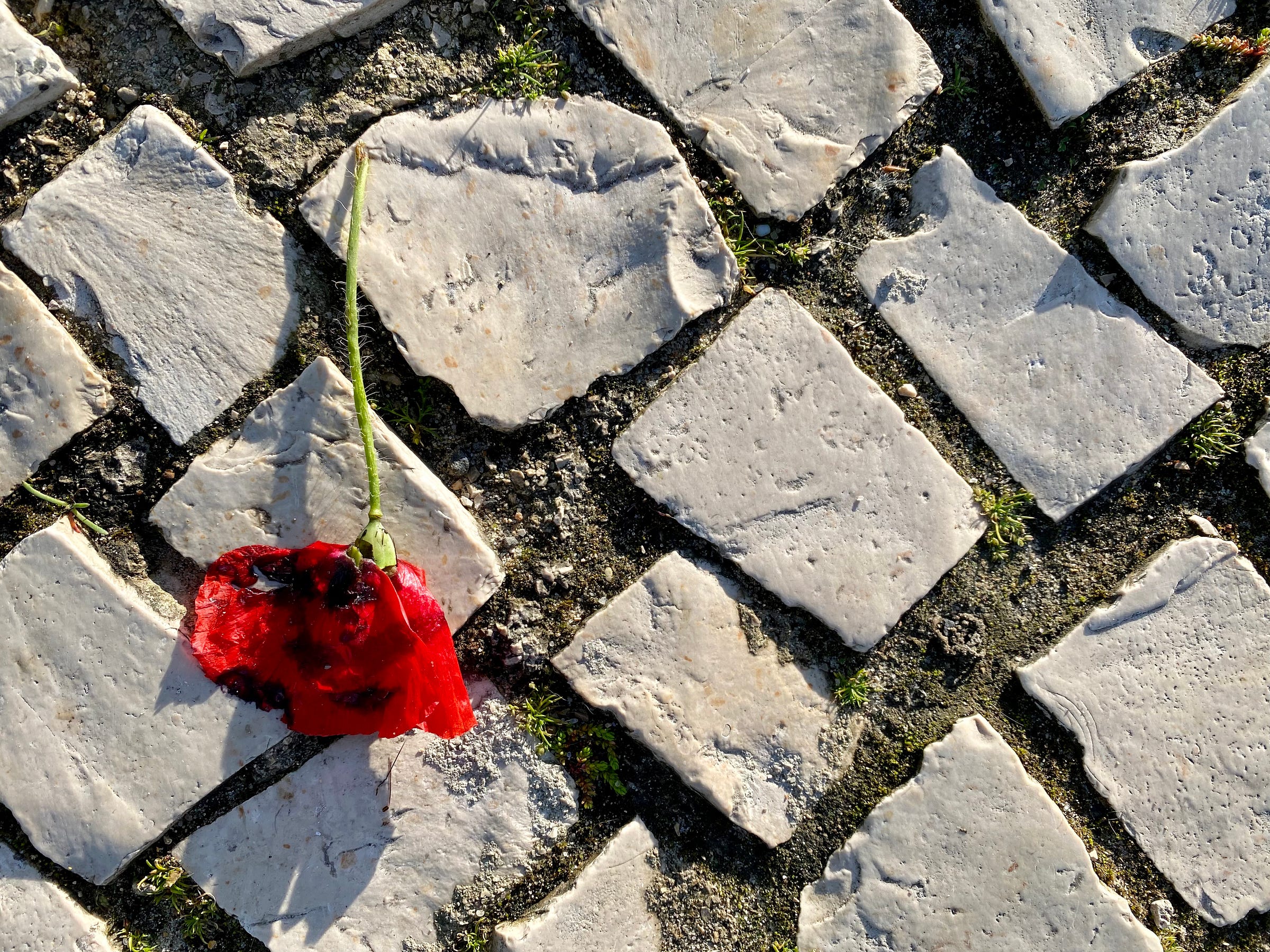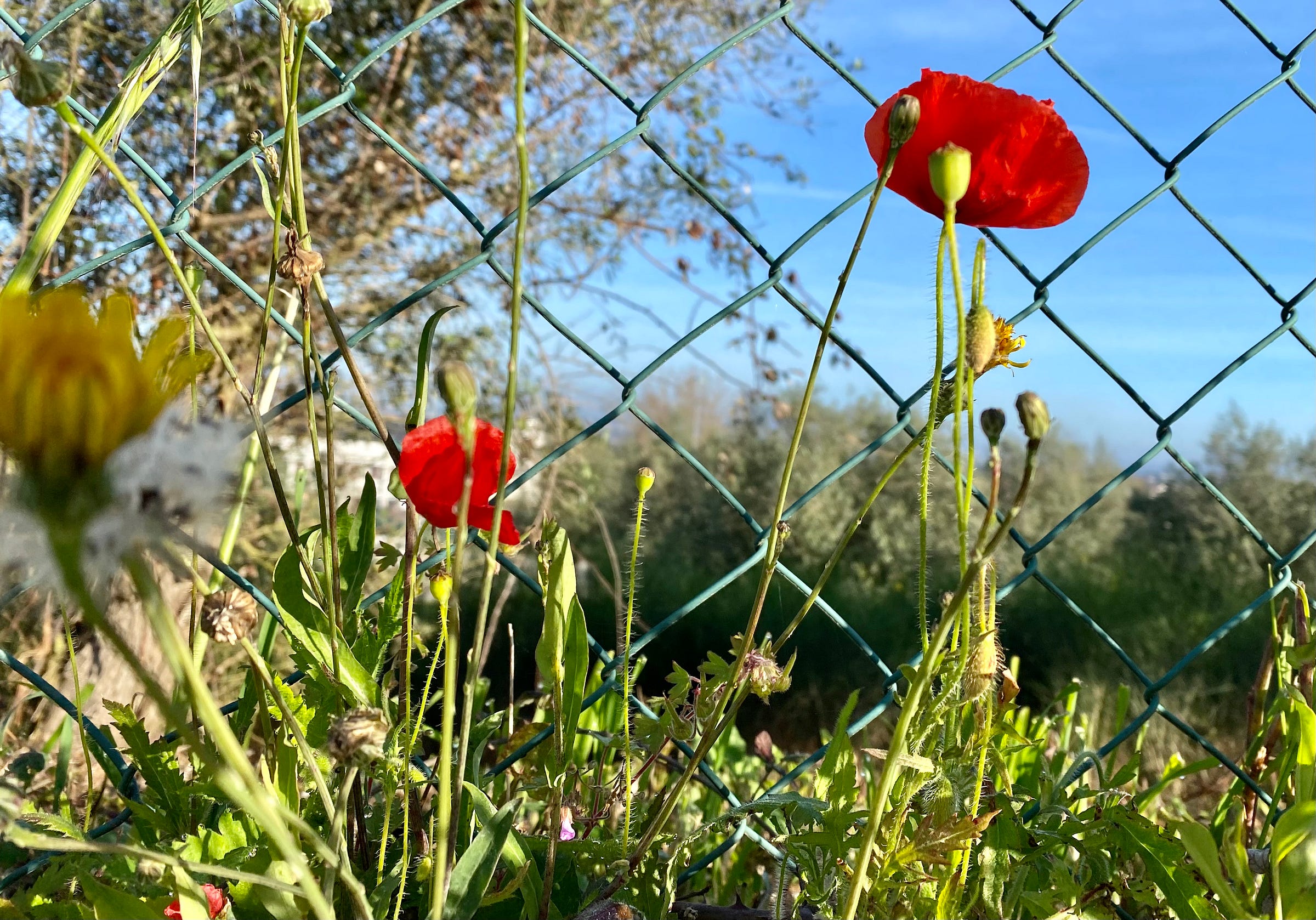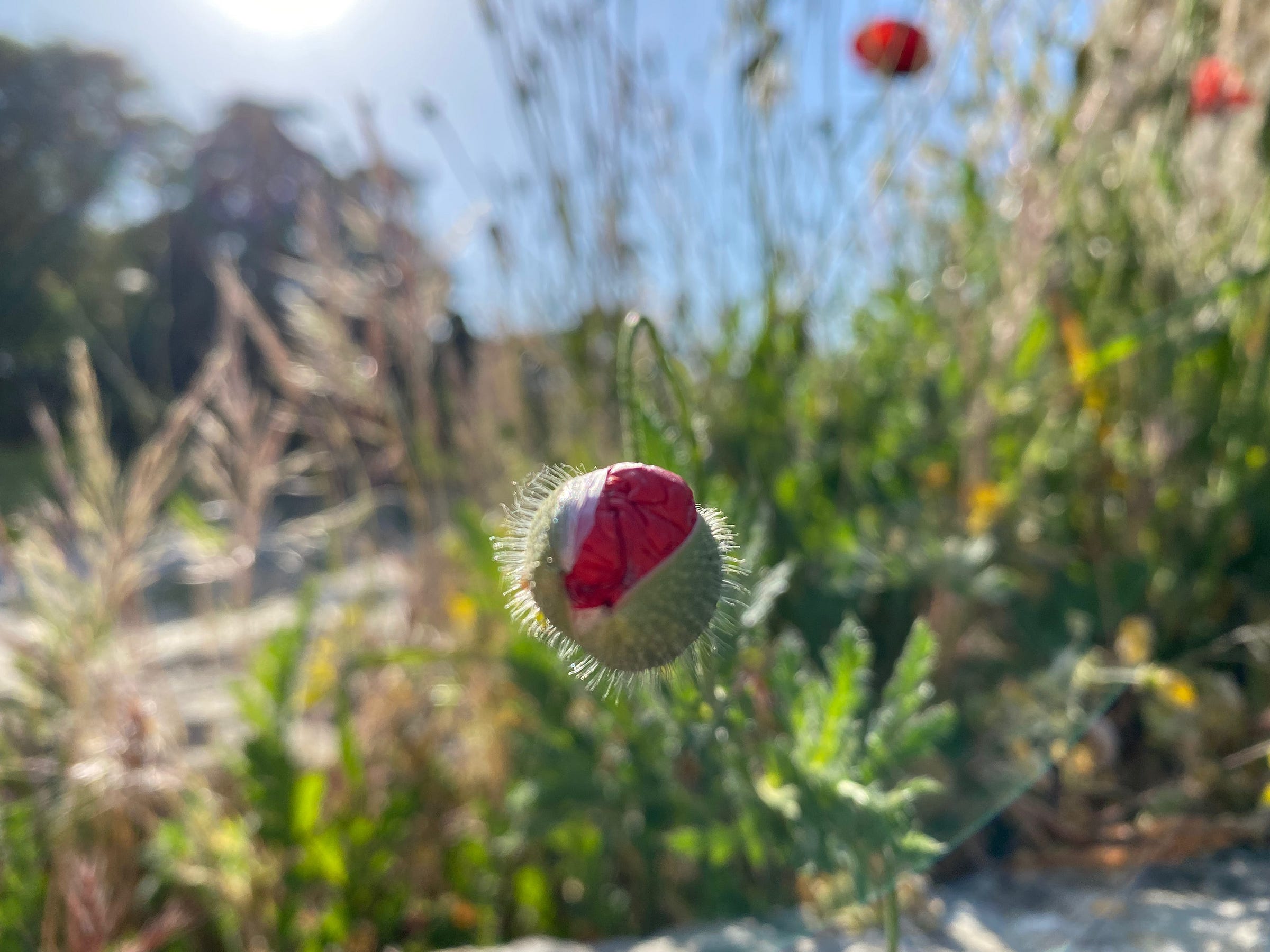When I was 15, a girl named Jennifer gave me a Best Friends necklace—a golden-hued heart split in two. The “best” half she gave to me, the “friends” half was hers to keep. Problem was, I hadn’t even realized until the moment she showed up with a gift that she thought we were anything beyond casual acquaintances.
I never wore the necklace. She never took hers off.
The ensuing awkwardness was one of my earliest reckonings with the truth that friendship is far more complicated than we like to believe.
Often we enter romantic relationships with different assumptions than those we take with us into a new friendship. In romantic entanglements, we’re aware up front that the coupling could be expendable. We go on dates knowing there’s a decent chance we’ll never speak to that person again. But we don’t usually kick off platonic friendships thinking it won’t work out. Once a mutual display of friendship is established, we expect this thing could last forever. And many do—I certainly have a friendship or two that tallies more years than my marriage.
But I also hold in my memory a small collection of friendships that have fallen apart. In fact, one such relationship crumbled just last week.
The friendship was a couple of years old—the two of us met here in Portugal and bonded over a number of shared experiences and hobbies and circumstances. For a while, I thought of this person as my closest friend in a new country. Without digging too deeply for proof, I ascribed all sorts of assumptions to our relationship.
I presumed that because we shared a number of commonalities, the two of us were also aligned in belief systems, priorities and fundamental values. While we may have ticked some of the same boxes on paper, in reality we did not stand shoulder to shoulder in quite the way I thought we did.
It is exceedingly rare, dare I say impossible, to find anyone who says YES to all the same things you adore and NO to the same things you despise. Although we can celebrate each others’ differences (or at least tolerate them), this was not a case of abhorring avocados or preferring the musical stylings of Trent Reznor to Justin Timberlake.
This friendship did not end over a matter of taste or preference. Ours was a deep, core values sort of discord. And though I have learned, thanks to my religious deconstruction, how to maintain friendships—good, profound friendships—with people who disagree with me about the very nature of the universe, I cannot guarantee that the person on the other end of a friendship desires or is able to make the same sort of commitment to put our relationship above our strongly held beliefs. (And indeed that sort of commitment is not always a wise or healthy one to make. It’s a case-by-case, person-by-person sort of decision.)
Sometimes in relationships there is a red line that can never be crossed. One or both parties may not even be aware this line exists until someone violates it. That is what happened last week. I unwittingly crossed my friend’s red line—I stepped straight atop a mine.
I may not have seen the line itself, I did not recognize the moment I crossed it, but I was not unaware that I had been treading on potentially treacherous ground for months with this person. We hadn’t discussed this; in fact we had driven entire trains of conversation the long way around to steer clear of the seeping quagmire. Detonation is not the path I would have chosen—I would have kept riding those trains along those detours. Whether that was compassionate compartmentalization or a bald lack of courage on my part, I can’t yet say.
Maintaining a pretense of silence might have allowed this friendship to survive with some semblance of normality, although there would have been an underlying thread of unease. But silence in the face of injustice goes against my own most sacred values. When my (former) friend saw that I had been speaking up on social media to advocate for the safety and future of the Palestinian people,1 they sent a text saying our friendship could no longer exist.
We exchanged a few (polite, restrained) messages in the hours after the detonation. But as both of us believe we are standing on the side of truth and justice, there is no bridge to stretch across the chasm that separates us. Maybe someday there will be. Maybe that’s wishful thinking. But for now we have said our (polite, restrained) goodbyes and walked off in opposite directions.
I grieve the loss of this person in my life. But I cannot regret my choice.
Even at the cost of a friendship.
I used to think the end of a friendship was a red screaming klaxon: an indication of something deeply flawed inside me. I used to think if a friend walked away from me—or if I walked from them, it meant I was a bad person.
I couldn’t bring myself to wear Jennifer’s Best Friends heart at age 15 because we were in no way compatible and I knew it, though I didn’t know how to vocalize such a thing at the time. I didn’t want to lie by wearing the necklace, so I didn’t, and my decision hurt her feelings. My inability to muster up matching feelings (of hurt or of friendship) made me think I was terrible. Of course, all the uber-religious input in which I was marinating as a teenager only confirmed my fears that I was in fact The Worst Person Ever.
Eventually, through lots of trial and error and therapy, I learned that not all friendships are built to last. Some exist only during seasons of our lives. And those summers or semesters or 26.5 months of friendship are no less meaningful just because they bloomed for a short time.
Sometimes you see the end coming. Sometimes you flame out unexpectedly—in a moment, in a text. Sometimes you fade away over miles and years. Sometimes there’s insurmountable hurt and betrayal. Sometimes you’re the asshole. Sometimes you peel back the layers and realize this friendship will only bear toxic fruit. Sometimes there is no bad guy. Sometimes the thing has just run its course—you’ve outgrown each other, you’ve bent in different directions, your time together no longer scratches the itches that need to be soothed. It is what it is.
Since moving to Portugal nearly three years ago, my efforts to forge new friendships have been occasionally fraught and often weird. In the early days there were lots of kaffeeklatsches that felt like awkward first dates. We’d sit at a pastelaria sipping our hot mugs of caffeine and sending out tentative conversational feelers to see if there might exist some space in which something real could grow.
Many of those early friendship attempts have fallen by the wayside. Given months to steep, it was clear we didn’t mesh for one reason or a dozen. I no longer think the failure of a friendship—or the decision to back out before one begins—makes me a bad person, anymore than I think any failed or former friends are bad people. (With the notable exception of one truly awful person in my angst-laced 20s. My multi-year friendship with her did more lasting harm to my psyche than any romantic relationship ever did.)
But I don’t dwell on the ones I’ve lost. I cherish instead the ones I will gain, and those who remain—the friends who’ve been part of the fabric of my life for so long I wouldn’t know who I am without them, who show up in person or via email or phone screen or bent and battered postcard in my CTT box. “Just wanted to say I’m thinking of you.” “I miss you!” “The craziest thing happened the other day and I have to tell you about it.” I’m grateful for the friends I’ve made here in this new place who keeping saying, “Yes, and…” as we build our futures.
I’ve taken comfort, too, in this thought from Audre Lorde:
“Once you start to speak, people will yell at you. They will interrupt you, put you down and suggest it’s personal. And the world won’t end. And the speaking will get easier and easier. …And you will lose some friends and lovers, and realize you don’t miss them. And new ones will find you and cherish you. …And at last you’ll know with surpassing certainty that only one thing is more frightening than speaking your truth. And that is not speaking.”
I have learned, unlearned, and relearned so much and I will continue to do so. I am neither infallible nor omniscient. I, like you, make choices based on what I believe is right and true. I’m not here to debate those choices or the larger issues involved.
If you want to support my work…
You can choose from a couple of tiers of paid subscriptions. In addition to my undying gratitude, you’ll get more of my writing, which is what (I assume) you’re here for! Once a month for paid subscribers only, I will post an excerpt from my memoir-in-progress. The first one is here, for free, if you want a preview.
OR
If you’re not into paid subscriptions, but you’d still like to show support, you can always leave me a tip.
OR
If you want to carry on reading these posts for free because you can’t or shan’t pay, that’s perfectly fine. I do not hide Long Scrawl essays behind a paywall.
NO MATTER WHAT
Thank you for reading. And thank you for telling me when my writing means something to you. That matters most of all.
Copyright © 2024 LaDonna Witmer








I can’t understand anyone who would think that any people should be treated the way the Palestinian people are being treated by the Israelis today. And this is very upsetting to me because I am Jewish hopefully some good will come out of this and they will reach a two state solution.
Thank you for another insightful, intimate post that certainly resonates with many of your recently transported-by-choice readers. I've only been in Portugal 5 months and I'm seeing the challenge, strain and beauty of maintaining friendships without convenient geography as well as attempting to make new friends whilst enduring the first dinner date experience! As an American, we are taught it's impolite to discuss politics and religion socially and that absurdity has gotten us to an incredibly divisive place where many people lack the skills or experience or interest to explore these critical topics. While I do believe we can have differing opinions about the why/the blame/the solution/ the historical context etc. I don't believe we can be on opposite sides of the truth. The TRUTH is the TRUTH. It's what IS happening, NOT what any of us think about it. For me, failure to call what is happening now in Gaza " genocide" is a morality issue, not a political issue, not a religion issue. I refuse to listen to any political reasoning or argument for or against if the baseline is disagreed with. In this case if someone thinks the occupation should continue, settlements should continue and this genocide (now in its forced famine stage - sure, that's going to capture a few more Hamas fighters) then there's no discussion to be had. Recognizing differing moral compasses in people can be painful yet self preserving. War divides land, love, families, friendships. I don't need to discuss it with everyone but like you, I need to speak my support for the truth. Not my truth, the only truth.